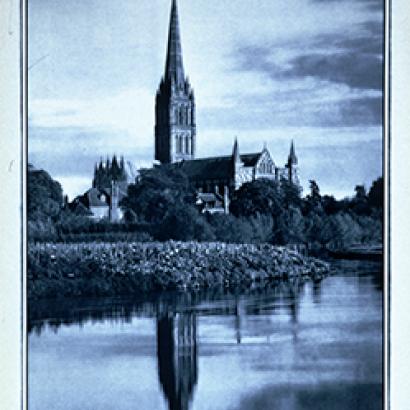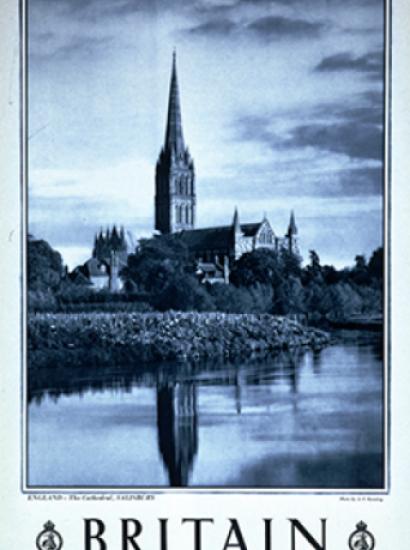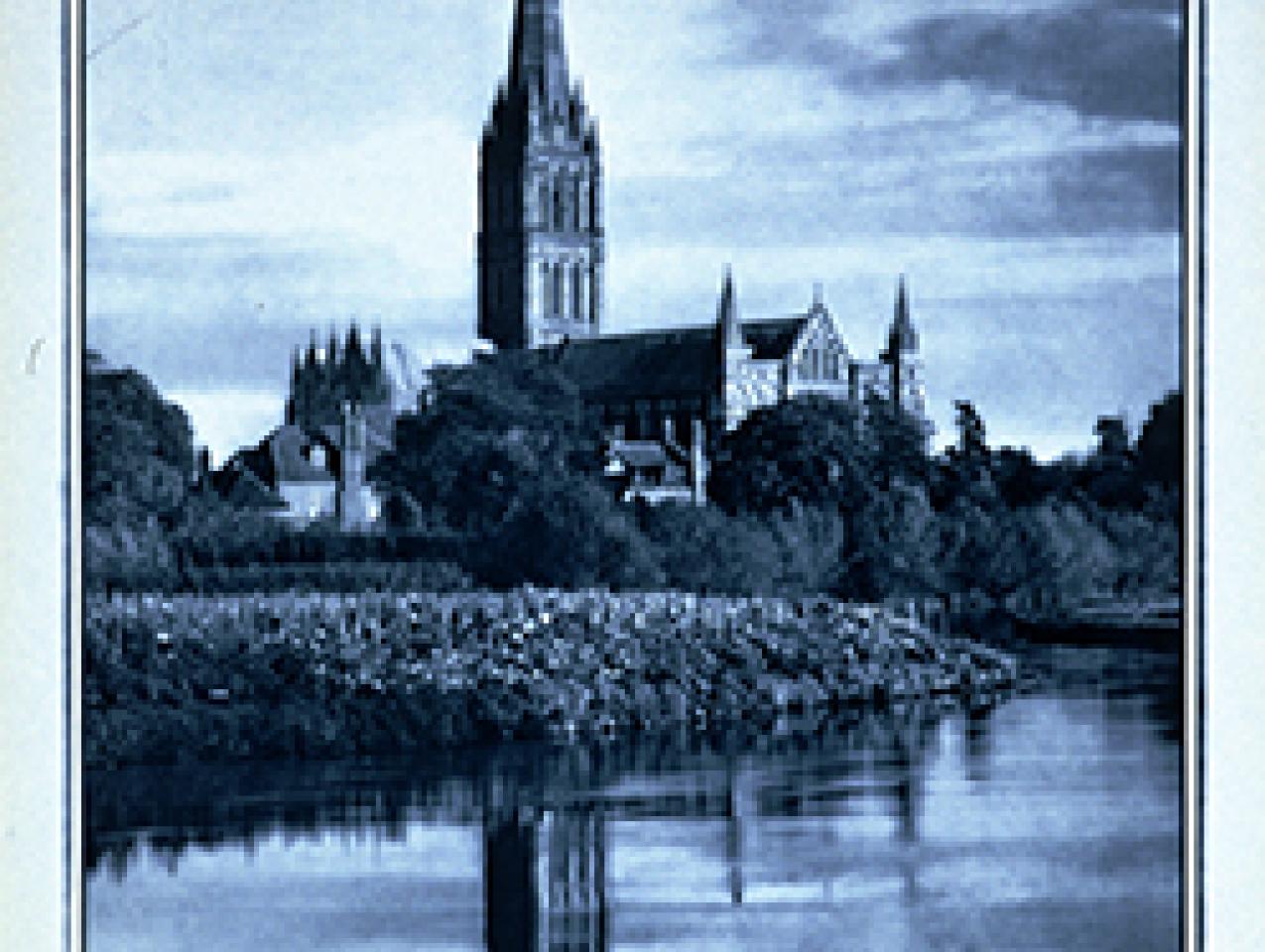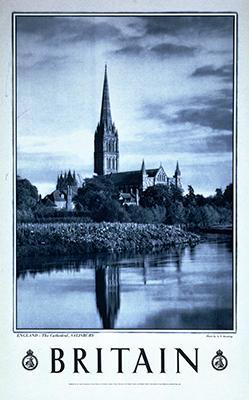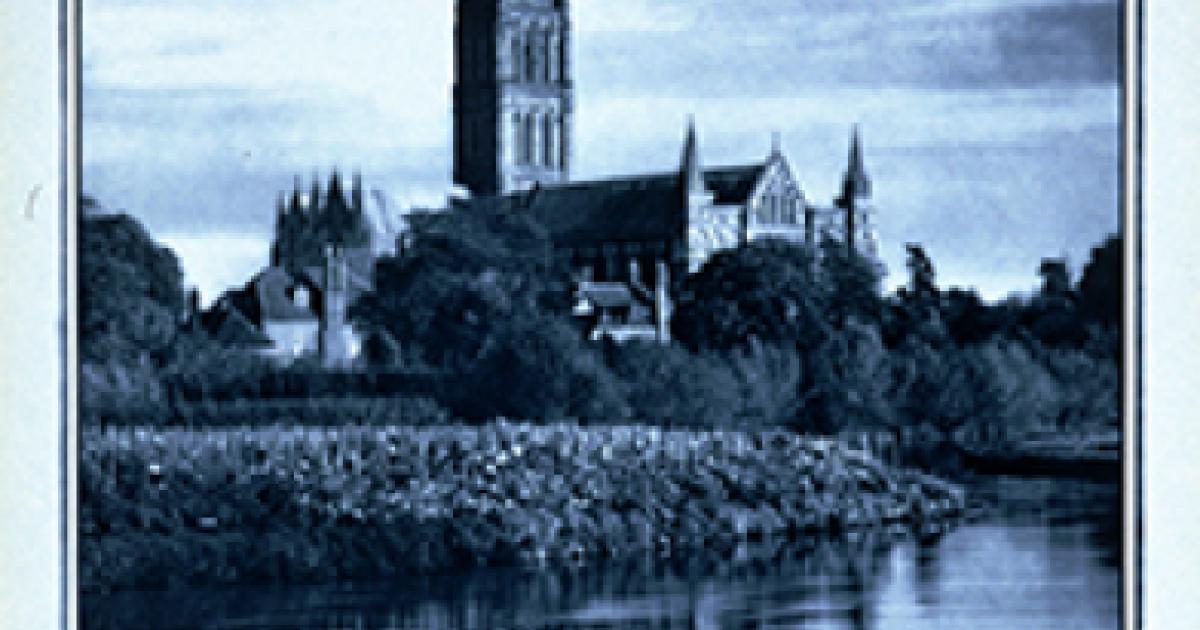- History
- Military
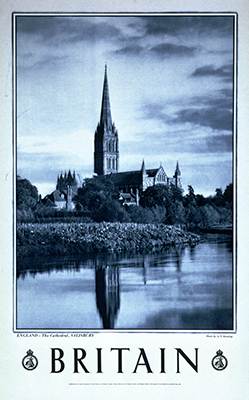
It may be stretching the limits of this feature to offer a movie review as “Military History in the News,” but, given the temper of our times, any film even slightly to do with Britain’s greatest soldier, John Churchill Duke of Marlborough, ought to be welcomed. And in fact, The Favourite has been widely acclaimed as one of the best offerings of the year. Deliciously filmed by director Yorgos Lanthimos, The Favourite tells, albeit in a gossipy way, the tale of Queen Anne’s epic feud with Sarah Churchill, the duke’s wife, the queen’s longtime “favorite,” and ruthlessly Machiavellian power behind the throne. Unfortunately for Sarah, the duke, and Great Britain, she has been displaced by Abigail Hill, Sarah’s cousin but the child of a middling London merchant. This will take some time to explain, but this is a soap opera of great geopolitical and strategic import.
Anne was the last of the Stuart monarchs, fourth child of James II, whose absolutist ways and conversion to Catholicism provoked the Glorious Revolution—or, as historian Stephen Saunders Webb has dubbed it, “Lord Churchill’s coup,” of 1688, bringing the Prince of Orange, unfortunately Dutch but the champion of Protestant resistance to France and husband of Mary Stuart, James II’s eldest daughter, to England to replace James. Once on the throne, William made England—and its North American colonies—the de facto leader of the “League of Augsburg” coalition attempting to contain Louis XIV’s bid for European mastery. The Nine Years’ War was fought to an exhausting draw.
Anne succeeded to the throne upon William’s death in 1702, but since she was incapable of bearing an heir—she had suffered multiple miscarriages and her severe gout confined her to a wheelchair for much of the time—the Parliament had already passed the Act of Settlement to ensure a Protestant succession, which would after Anne pass to the line of Sophia, a daughter of the Elector Palatine, Frederick V, who had provoked the Thirty Years’ War. Sophia had married the Elector of Hanover, and thus the Act of Settlement created the Hanoverian line of kings.
Two weeks after being crowned, Anne inherited her other legacy: war with Louis, this round known as the War of the Spanish Succession. To lead her army—and the herd of European Protestant cats that comprised the anti-Louis coalition—she chose her favorite’s husband. For his string of stunning victories, John Churchill was created duke and given enough reward to hire Sir John Vanbrugh to build Blenheim Palace. But Marlborough’s victories were bloody affairs, and the war itself controversial in England, cementing the split between Whigs—who like Marlborough favored a continental engagement—and Tories—who distrusted German allies, the costs of a massive and long land war and preferred to imitate Sir Frances Drake and the sea-dogs of Elizabethan England by conducting maritime “descents” on French ports.
Queen Anne much preferred the Tories, sharing their prejudices in favor of the well-ordered and hierarchical Anglican church. It took all of Marlborough’s triumphs and Sarah Churchill’s charm and manipulative wiles—for many years, she exercised a Svengali-like influence over the queen—and a good deal of government corruption to keep the Whig party in power and its wartime strategy in place. When Abigail Hill was admitted to the bedchamber, she quickly emerged as a rival to the duchess, who began to berate the unhappy queen.
This is where The Favourite picks up the tale, telling it through the eyes of the three women. Olivia Colman as queen does well to evoke empathy for a fundamentally unpleasant and defeated character, while Rachel Weisz and Emma Stone have at it as the two feuding, would-be favorites. The party-political and strategic struggles form the background from the palace intrigues and clashes of personality. The 1709 battle of Malplaquet just across the Belgian border with France was Marlborough’s last decisive triumph but also his most costly, with a staggering 24,000 casualties from an allied army of 86,000. The French army retreated, opening the road to Paris—and, if the Duke had his way, to regime change—but neither England nor its allies had the will to finish off France. The Parliament was also exhausted by Whig junto rule and the queen by Sarah’s harangues; in April 1710, Anne and Sarah parted for the final time and in June the Whig Prime Minister Charles Spencer, Earl of Sunderland, was dismissed. The short-lived Tory government of Robert Harley, Earl of Oxford, quickly concluded the Treaty of Utrecht, which recognized the Hanoverian succession but left Bourbons (and their revolutionary successors) in position to fight another day. The queen lingered slowly and painfully until 1713.
The Favourite may be but a bon-bon, but it is a beautiful and delicious one, a kind of Restoration comedy with strategic underpinnings. It’s a taste treat for those familiar with the history, and perhaps a lure for those who do not.







